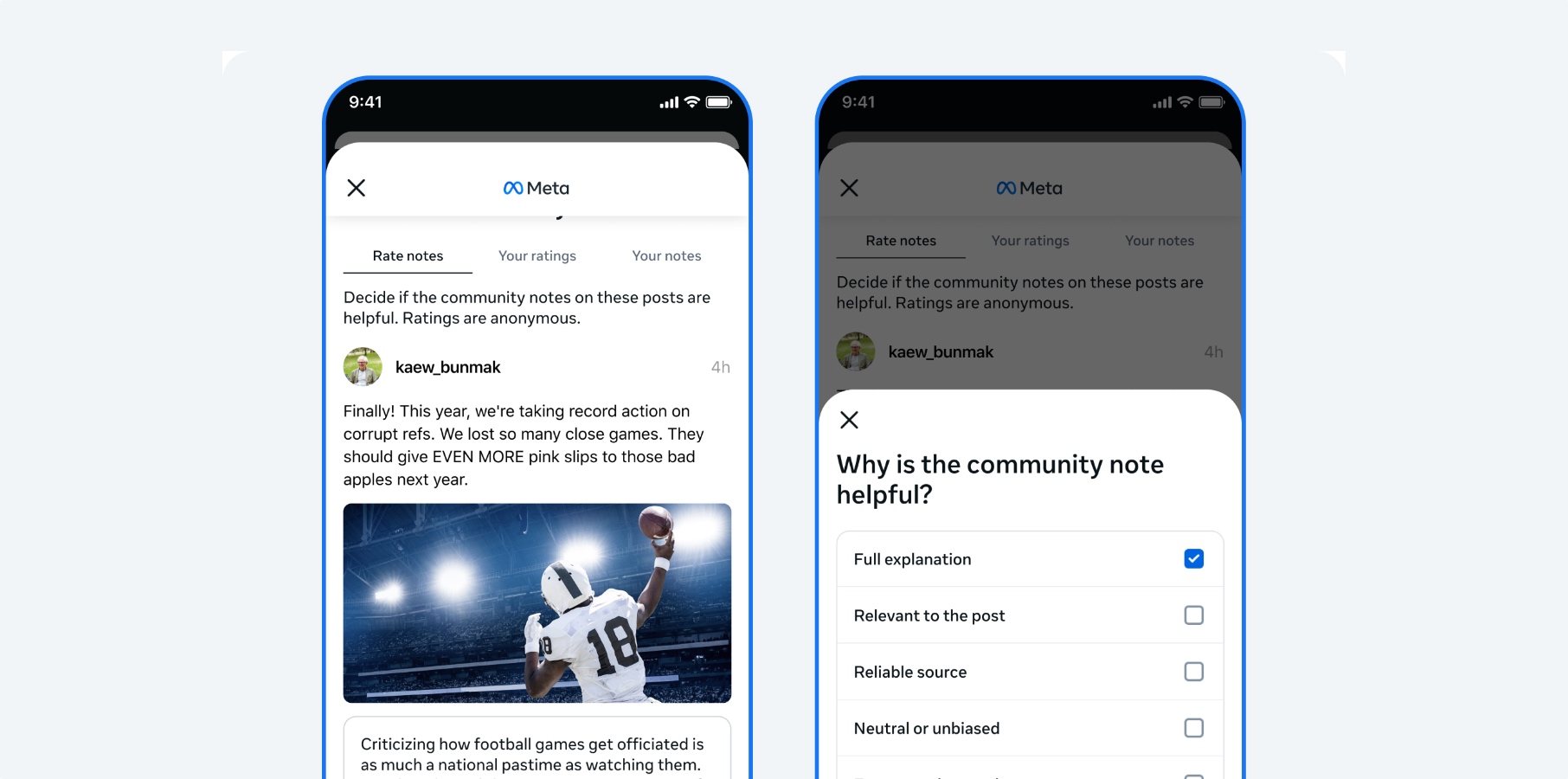The Download: what Trump’s tariffs mean for climate tech, and hacking AI agents
This is today’s edition of The Download, our weekday newsletter that provides a daily dose of what’s going on in the world of technology. Trump’s tariffs will deliver a big blow to climate tech US president Donald Trump’s massive, sweeping tariffs sent global stock markets tumbling yesterday, setting the stage for a worldwide trade war and ratcheting…

This is today’s edition of The Download, our weekday newsletter that provides a daily dose of what’s going on in the world of technology.
Trump’s tariffs will deliver a big blow to climate tech
US president Donald Trump’s massive, sweeping tariffs sent global stock markets tumbling yesterday, setting the stage for a worldwide trade war and ratcheting up the dangers of a punishing recession.
Experts fear that the US cleantech sector is especially vulnerable to a deep downturn, which would undermine progress on reducing greenhouse-gas emissions. Read the full story.
—James Temple
Cyberattacks by AI agents are coming
Agents are the talk of the AI industry—they’re capable of planning, reasoning, and executing complex tasks like scheduling meetings, ordering groceries, or even taking over your computer to change settings on your behalf.
But the same sophisticated abilities that make agents helpful assistants could also make them powerful tools for conducting cyberattacks. They could readily be used to identify vulnerable targets, hijack their systems, and steal valuable data from unsuspecting victims.
At present, cybercriminals are not deploying AI agents to hack at scale. But researchers have demonstrated that agents are capable of executing complex attacks, and cybersecurity experts warn that we should expect to start seeing these types of attacks spilling over into the real world—and soon. Read the full story.
—Rhiannon Williams
The must-reads
I’ve combed the internet to find you today’s most fun/important/scary/fascinating stories about technology.
1 Did the Trump administration use AI to calculate its new tariffs?
It appears to use an oversimplified calculation several major chatbots recommend. (The Verge)
+ The economically-flawed formula has shocked analysts. (FT $)
+ The severe tariffs may harm America’s data center ambitions. (Reuters)
2 The EU is preparing to slap X with major financial penalties
Even if it risks provoking Elon Musk’s ire. (NYT $)
3 Google’s tech will be used to surveil the US-Mexico border
As part of plans to upgrade the ‘virtual wall’ between the countries. (The Intercept)
+ The number of illegal border crossings hit a record low last month. (Semafor)
4 Hurricane season is set to be busier than usual
Forecasters are predicting at least 17 tropical storms and four major hurricanes. (WP $)
+ They aren’t as confident about this early forecast as they were last year. (CNN)
+ Here’s what we know about hurricanes and climate change. (MIT Technology Review)
5 Myanmar’s internet shutdown is thwarting aid efforts
Aid and rescue workers are struggling to help people caught up in its recent devastating earthquake. (Rest of World)
6 Google is yet to publish safety reports for its latest AI models
It appears to be launching models faster than it can publicly verify their safety. (TechCrunch)
7 Online influencing has a major gender pay gap
Although the majority of content creators are female, they earn less per collaboration than their male counterparts. (Fast Company $)
+ Why can’t tech fix its gender problem? (MIT Technology Review)
8 How to make solar panels on the moon
Moon dust could help to power future lunar bases. (New Scientist $)
+ Nokia is putting the first cellular network on the moon. (MIT Technology Review)
9 The economy may be collapsing, but at least the memes are good
Social media is bringing the lols in uncertain times. (NY Mag $)
10 Bonobos communicate in similar ways to humans
The great apes combine basic sound into larger structures—just like us. (Ars Technica)
+ How machine learning is helping us probe the secret names of animals. (MIT Technology Review)
Quote of the day
“There will be blood.”
—Bruce Kasman, JPMorgan’s chief global economist, is not optimistic about Donald Trump’s aggressive tariff policy, Insider reports.
The big story
Since the 1980s, more and more plants have evolved to become immune to the biochemical mechanisms that herbicides leverage to kill them. This herbicidal resistance threatens to decrease yields—out-of-control weeds can reduce them by 50% or more, and extreme cases can wipe out whole fields.
At worst, it can even drive farmers out of business. It’s the agricultural equivalent of antibiotic resistance, and it keeps getting worse. Weeds have evolved resistance to 168 different herbicides and 21 of the 31 known “modes of action,” which means the specific biochemical target or pathway a chemical is designed to disrupt.
Agriculture needs to embrace a diversity of weed control practices. But that’s much easier said than done. Read the full story.
—Douglas Main
We can still have nice things
A place for comfort, fun and distraction to brighten up your day. (Got any ideas? Drop me a line or skeet ’em at me.)
+ Sweet Moroccan flatbreads sound like a fantastic way to start the day.
+ Val Kilmer was more than just a heartthrob—he was a really great actor too.
+ Drop everything: there’s an uncut version of the White Lotus series three theme.
+ All aboard the giant almond car!





















































































































.jpg)
%20Abstract%20Background%20112024%20SOURCE%20Amazon.jpg)


















